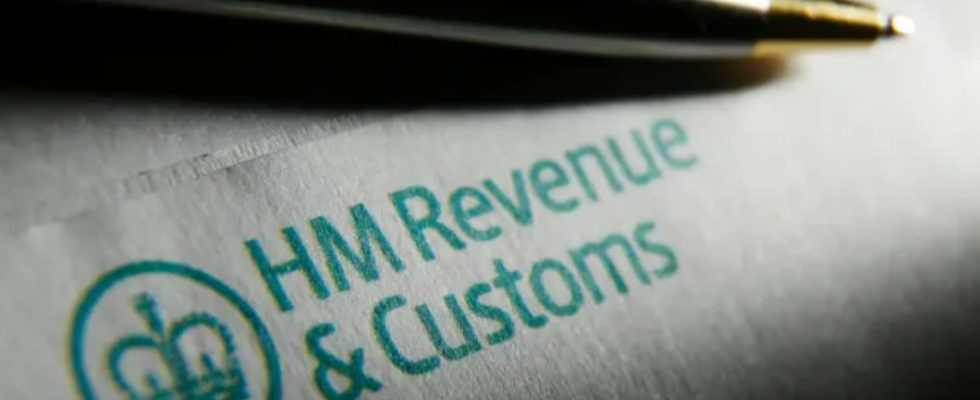WER einer Nebenerwerbs- oder Zweitbeschäftigung nachgeht, hat nur noch eine Woche Zeit, um zu handeln, sonst riskiert er ein Bußgeld.
Wenn Sie außerhalb Ihrer Beschäftigung Geld verdienen, müssen Sie Ihr zusätzliches Einkommen möglicherweise dem Finanzamt melden.
Dies wird als Abgabe einer Steuererklärung zur Selbstveranlagung bezeichnet. Sie haben bis zum 31. Oktober Zeit, diese auszufüllen, wenn Sie sie auf Papier ausfüllen und per Post versenden.
Wenn Sie einen Nebenerwerb oder ein Zweiteinkommen haben, sollten Sie sich bereits als Selbstveranlagter registriert haben, denn die Frist endet am 5. Oktober.
Auf diese Weise teilen Sie der HM Revenue & Customs (HMRC) mit, dass Sie eine Steuererklärung ausfüllen werden.
Sie melden Einnahmen für das Vorjahr, daher gilt die Frist für die Meldung von Geldern, die Sie im Steuerjahr von April 2022 bis April 2023 verdient haben
Wenn Sie die Frist versäumen, kann Ihnen bei Nichteinhaltung eine Strafe in Höhe von 100 £ berechnet werden[‘t have a suitable excuse.
If you miss it by more than three months you can be charged more on top of this.
But there’s still the opportunity to file online instead if you miss the paper one.
The deadline for filing your electronic tax return online is January 31, 2024.
The late filing fees are pretty hefty for filing your taxes late so make sure to get your assessment return in before January 31.
But for anyone who wants to do it the traditional way, the deadline is fast approaching.
It comes as a huge change to tax rules is set to come in from that start of 2024.
Whether you rent out your home, drive for Uber or do a bit of freelancing on Fiverr, your income will soon be reported directly to the tax man.
From January 1, HMRC will direct these platforms to record how much money people make by selling their services on them.
It is part of HMRC’s efforts to tackle tax evasion.
The change comes as many more people turn to side hustles and second jobs to boost their incomes in the cost of living crisis.
Many people don’t realise that the money you make can be taxed. Here we explain how it works.
Do I need to submit a tax return?
Tax is usually deducted automatically from wages, pensions and savings.
But people and businesses with other incomes must report it in a tax return to HMRC.
This applies to the following:
- Your income from self-employment was more than £1,000
- Earned more than £2,500 from renting out property
- You or your partner received high-income child benefits and either of you had an annual income of more than £50,000
- Received more than £2,500 in other untaxed income, for example from tips or commission
- Are limited company directors
- Are shareholders
- Are employees claiming expenses in excess of £2,500
- Have an annual income over £100,000
If it is the first time you have filled in a tax return we have a step-by-step guide that can help you.
If you don’t file a return on time the penalty is £100 at first but can soon escalate.
According to HMRC, as well as the £100 initial fine, you will also be charged a daily fine of £10 for each day you do not submit your return.
This is capped at 90 days – or £900 which means that you could end up paying a maximum fine of £1000.
If you are six months late there is a further £300 fine or 5% of the money you owe – whichever is higher.
After 12 months, another £300 or 5% applies and interest is also added on top of this.
If you deliberately haven’t filed your tax return, a fine of up to 100% of the tax due could then be sent too.
